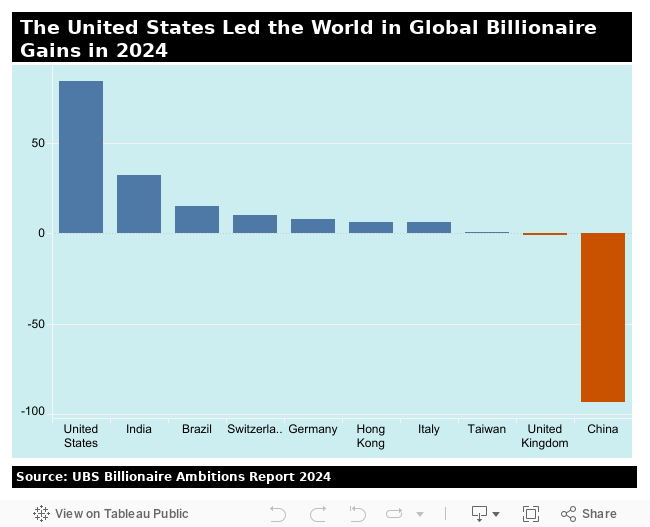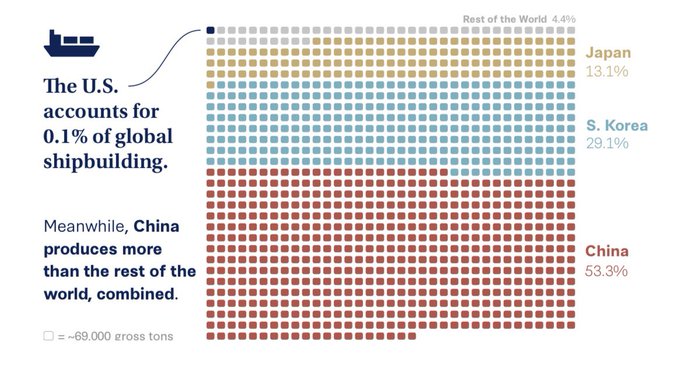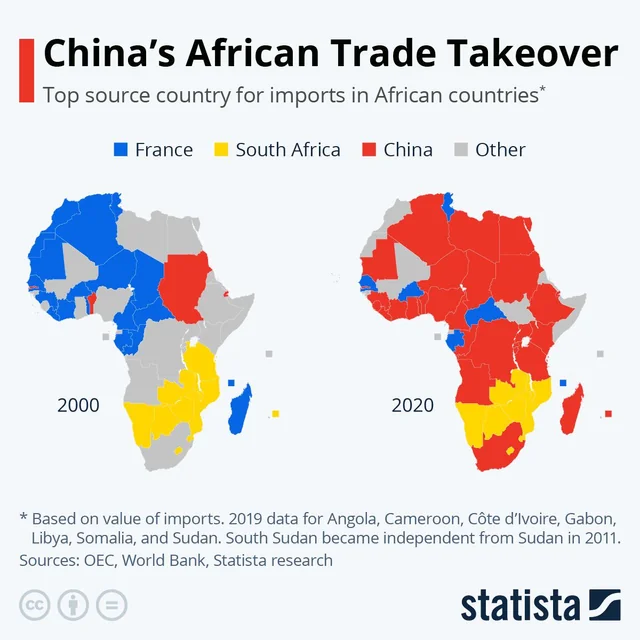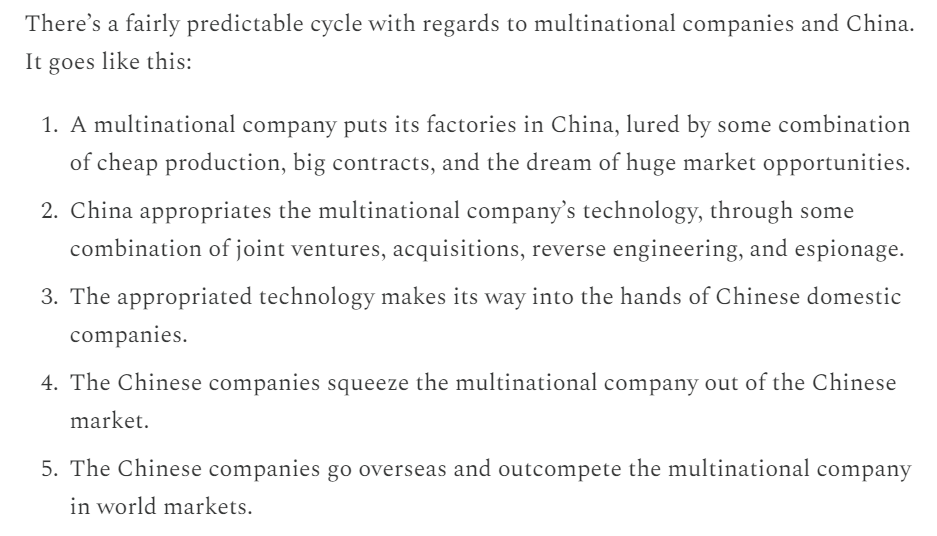What I always remember about Xi is something the founder of Singapore, Lee Kuan Yee wrote—that he had only met two people in his life who never let anyone else influence their emotions: Nelson Mandela and Xi Jingping.
Xi took over the CCP at a time it was completely ridden with corruption, to the point where regular citizens regularly mocked and complained about it. There were major factions, centering around the two previous leaders and the party had lost much of its ideological orientation. Citizens were happy with economic progress, but there was a sense that there was too much inequality, young people couldn’t afford homes and there was flirting with western ideas of democracy.
China has had three great CCP leaders. The first was Mao, and despite his bad reputation in the West the fact is that Mao massively improved primary education, dropped the mortality rate thru the floor, increased Chinese lifespans, and one famine aside, made sure everyone was fed. Mao tilled the ground, making China’s later rapid modernization possible, using essentially the same model as Japan: start with primary education, then secondary and concentrate on improvements in health.
Mao’s party was very ideological. Deng changed that. The Dengist paradigm was “modernize as fast as possible and be pragmatic: whatever works, works.” This was very successful, but it lead to corruption, to the formation of power centers outside the party, especially among the very rich non-party members and to the formation of cliques within the party. It also gutted the party’s ideology.
In addition Deng’s method of modernization was export driven (this is reasonable, almost everyone did it this way) and had left China very dependent on external trade, especially with America, its primary geopolitical foe.
Xi set a bunch of goals, as part of Xi Jingping Thought:
- Get rid of most of the corruption;
- Break the factions and center the party around him;
- Create an ideological party with unanimity on goals and how to achieve them;
- Break power centers outside the party;
- Spread the wealth to more people and make everyone at least moderately prosperous;
- Listen more to the people;
- Make it so that China is no longer vulnerable to foreign trade disruptions;
- Make China the world leader in technology and science;
- Orient China’s trade towards the developing world more than to the West;
- Place China in a position to rewrite the world’s economic system;
- Strengthen the army and make sure it is loyal to the party.
The bottom line here is that Xi has accomplished most of his goals and those he has yet to accomplish, like #10, are well underway. China is the world’s tech leader, the factions are broken, all corruption isn’t gone but its way down, billionaires are dropping like flies; the housing market has become cheaper and the government is taking it over and plans to build most housing going forwards, the party is unified in what it does and how it does to a remarkable degree, and America’s trade war is not a threat to China, but an opportunity to increase China’s world influence.

It’s not an exaggeration to say that Xi is probably the world’s most successful leader: he leads the most powerful economic nation in the world and he’s accomplished almost all the goals he set for himself. China’s response to Trump’s tariffs “this is stupid, but OK, bring it on” is just the latest sign of China’s strength and Xi success. More and more nations come to China with their problems: when Saudi Arabia and Iran wanted to make peace, China brokered the talks. English was not spoken.
Trump and almost all Western leaders are incompetent fools in comparison, who have overseen the decline of their nations, losing the tech and science lead, losing 1st place in trade to China, losing first place in industrial capacity to China and losing their proxy war against Russia to China, without whom Russia could not have withstood western sanctions.
Xi is the world’s most important leader, only Trump comes close, and Trump is important because he’s accelerating the end of the America Empire: because he’s a fool and and an idiot.
Xi sets goals, figures out how to achieve them, and does so. Trump and most Western leaders flail around, doing nothing but speeding up their countries decline and minting more rich people.
It isn’t even a competition any more, it’s a rout.





